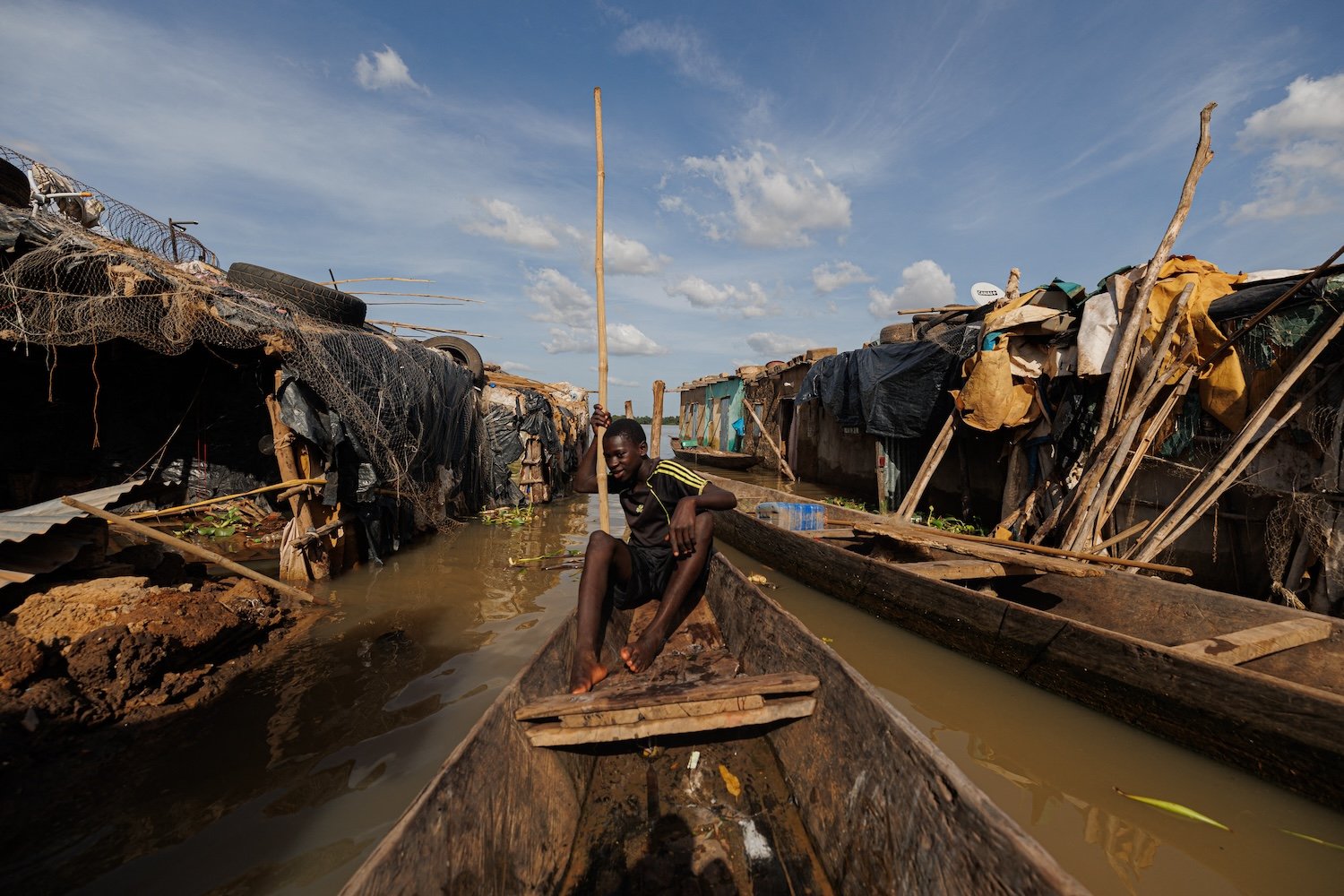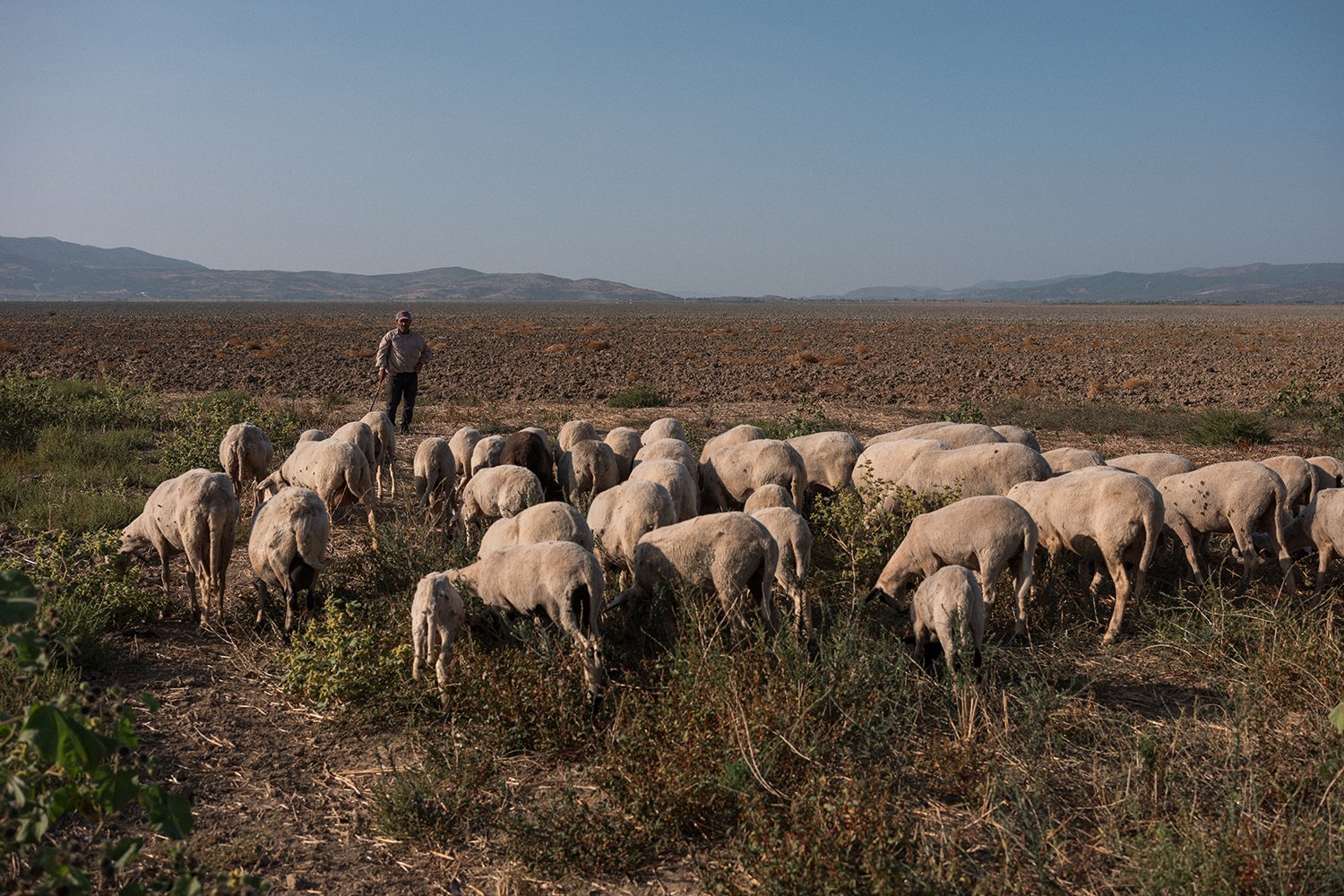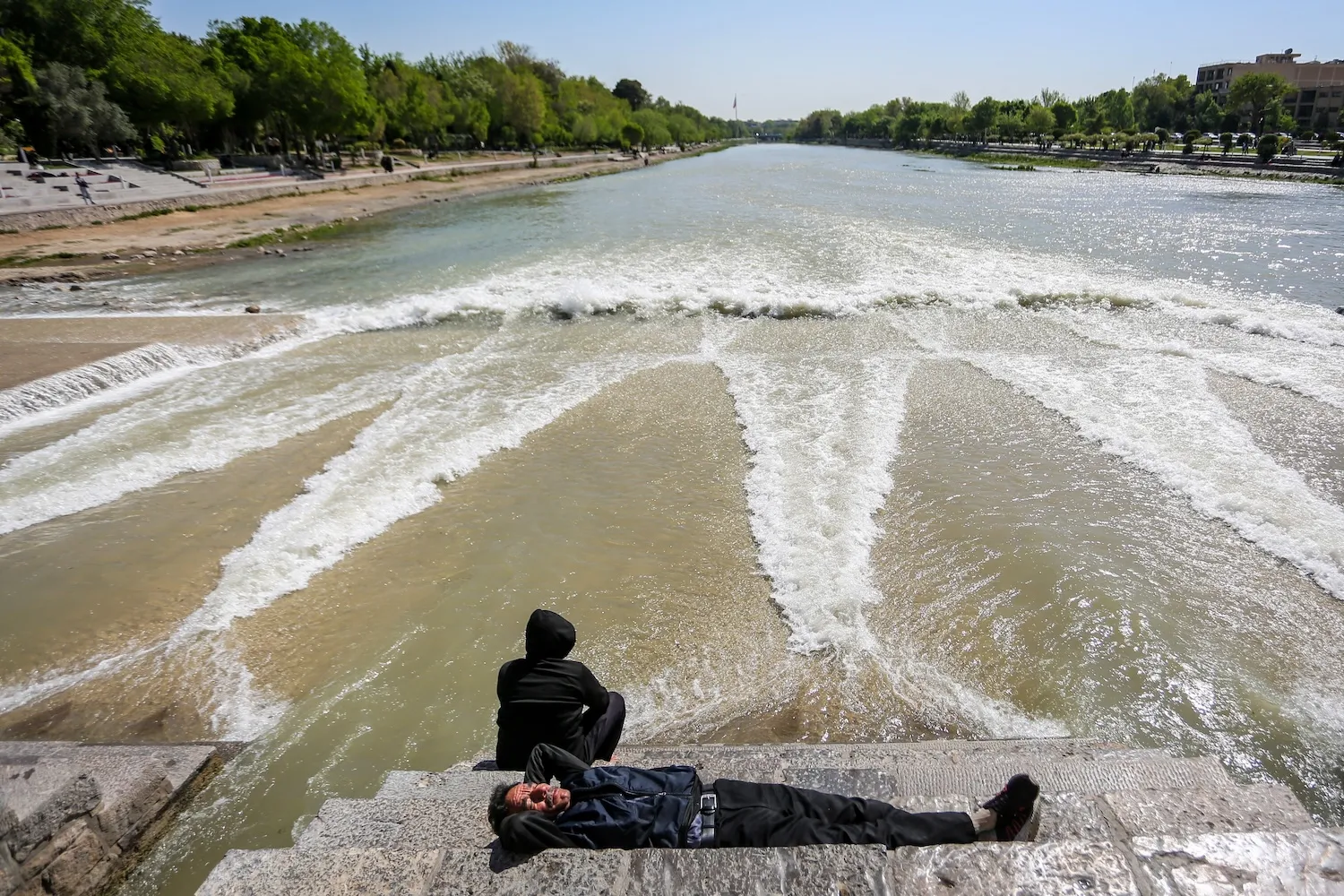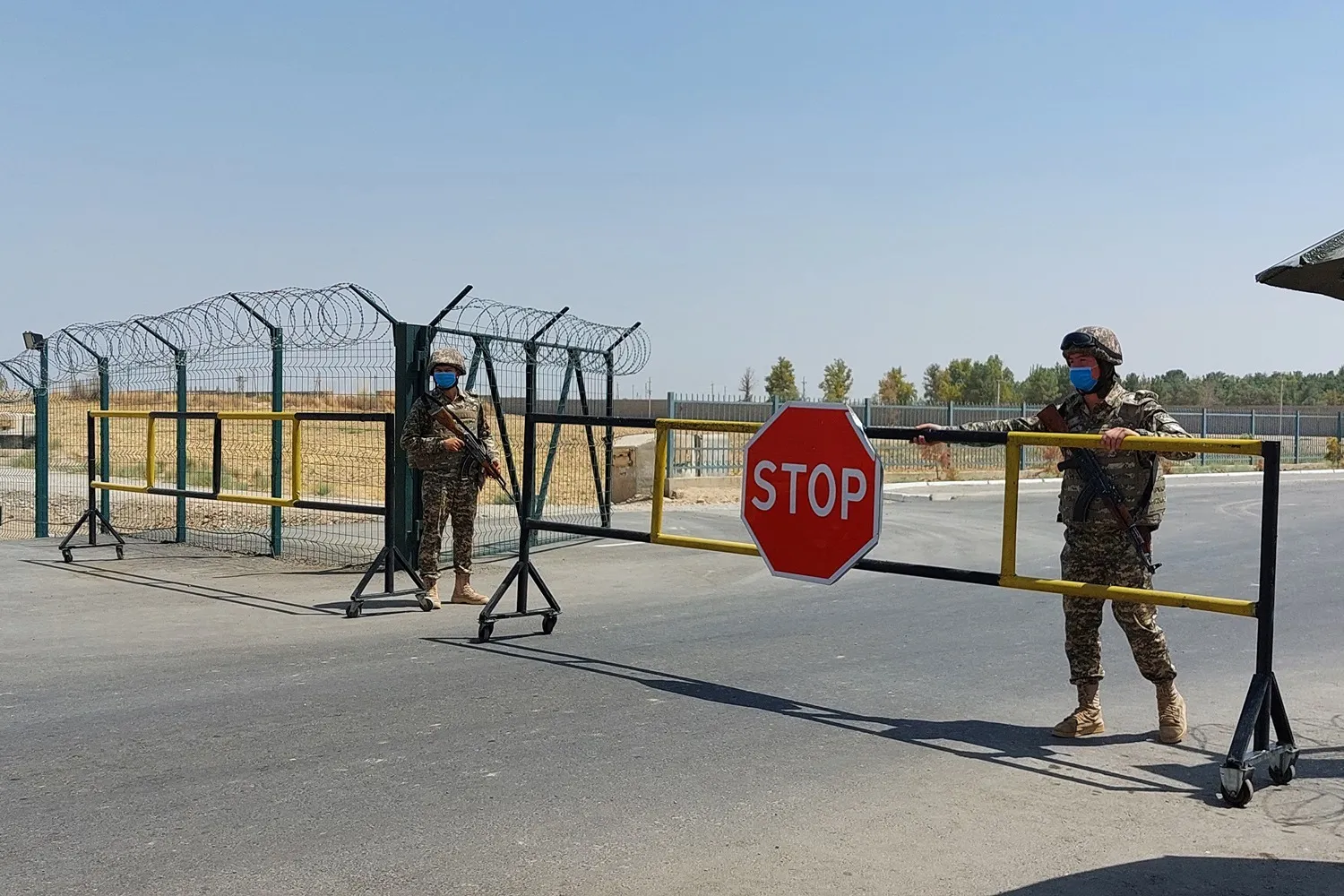“Water has long been a tool of warfare, but in recent years, the world has entered a dark new era of hydroterrorism,” Abdoulie Ceesay, the deputy majority leader of the National Assembly of Gambia, wrote this month.
As climate change accelerates drought and flooding, stakeholders tussle over shared water sources, and fair-weather frameworks for governing resource management lose relevance, water is increasingly becoming a national security flashpoint around the world, from the Brazil-Paraguay border to communities facing violent extremism in the Sahel.
This edition of the Reading List dives into the politics of water and considers the ecological, humanitarian, and geopolitical dimensions of the brewing water wars.

The World Is Entering a Dark New Era of Hydroterrorism
International institutions need to start treating water as a national security flashpoint, Abdoulie Ceesay writes.

The Dam That Sparked a South American Spying Scandal
Ties between Brazil and Paraguay are fraying as they renegotiate access to one of the world’s most powerful energy sources, Laurence Blair writes.

King of the Dammed
Turkish President Recep Tayyip Erdogan’s mega-infrastructure projects are enriching construction companies while reshaping his country’s waterscape for the worse, Hannah Lucinda Smith writes.

The ‘Water Mafia’ Is Real—and It’s Draining Iran Dry
If Trump wants to do more than make headlines, he should help resolve the water crisis, Nik Kowsar and Alireza Nader write.

The Water Wars Are Coming to Central Asia
Things have been bad for decades, but the Taliban threaten to make them worse, Lynne O’Donnell writes.
The post The Water Wars Are Coming appeared first on Foreign Policy.




